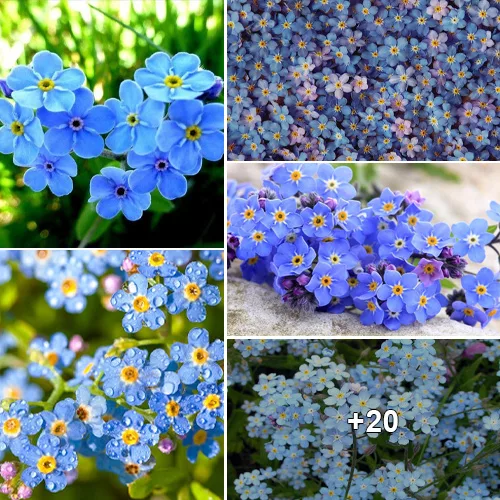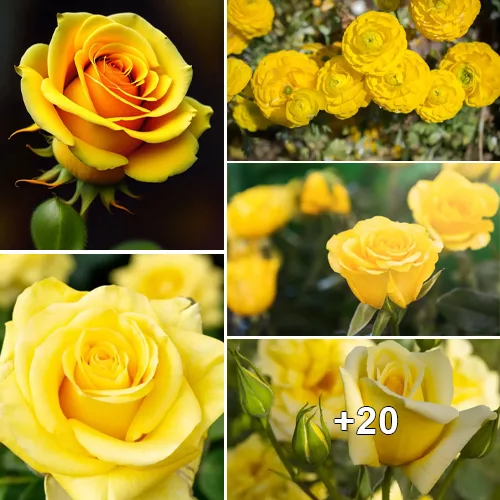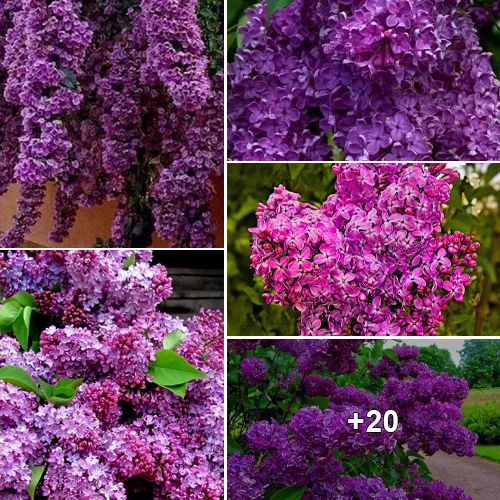Join us on a journey to uncover the true meaning of the Daisy Flower. This stunning bloom is known for representing timeless beauty, innocence, and purity.

Daisies are more than just a pretty sight – they hold a fascinating history and deep symbolic meaning. In the past, this lovely flower was linked to Aphrodite, the goddess of love, and symbolized purity, true love, and innocence. This versatile plant was also valued for its medicinal properties, particularly in treating digestive issues and wounds. During the Victorian era, daisies took on a new role as a romantic emblem of loyalty, often given by lovers as a token of their steadfast devotion. Even today, we cherish daisies for their beauty, which continues to inspire poets and artists, and grace our gardens with their delicate charm.

Did you know that daisies carry significant meanings and symbolisms in various cultures? Throughout history, daisies have held great importance in different societies. For instance, the ancient Egyptians regarded daisies as a representation of the sun’s power, while Greek mythology connects them to the nymph Belides, who turned into a daisy to avoid unwanted attention. In Roman culture, daisies were symbols of purity and love, and during the Middle Ages, they were associated with the Virgin Mary and were known as “Mary’s Flower.”
During Victorian times, daisies played a prominent role in the language of flowers, which allowed people to send secret messages through floral arrangements. Every culture views daisies uniquely – Native Americans consider them symbols of renewal and the eternal cycle of life, while Celtic culture associates them with fairies and uses them in herbal medicine. In Chinese culture, daisies symbolize simplicity, innocence, and devoted love, while Japanese culture links them with purity, sincerity, and the arrival of spring.
In Christian symbolism, daisies represent the purity of the soul and the fleeting beauty of life. The Indian subcontinent also acknowledges the significance of daisy flowers, although their specific meanings may vary. The daisy flower, therefore, is not just a simple flower, but it carries a rich cultural and historical meaning that makes it unique and special in many ways.

In the Indian subcontinent, the Daisy is considered a crucial component of culture and spirituality. It is known by different names such as “Gul-e-Abrar” in Urdu and “Genda Phool” in Hindi, and is highly admired for its colorful shades and fragile petals. People often use daisies to decorate homes, temples, and altars during religious ceremonies and celebrations because they are believed to bring good luck. Additionally, daisies have a special place in Indian literature and folklore because they symbolize elegance, beauty, and the never-ending cycle of life. To learn more about other flower meanings, you can refer to our comprehensive guide.

The charm of daisies is something that is appreciated all over the world, not only for their delicate beauty, but also for the deep symbolism they hold. Their cultural and generational significance transcends borders and has made them a popular choice for various occasions. Daisies are widely known to symbolize purity, representing innocence, cleanliness, and untainted loveliness. However, these lovely blooms also embody other emotions such as love and romance, hope and new beginnings, joy and happiness, beauty in simplicity, friendship, and support. Depending on the color of the daisy, each holds its own unique meaning and symbolism, making them a great option for people looking to express themselves through floral arrangements.

White daisies are commonly associated with new beginnings, freshness, and purity. They are a popular choice for weddings and other important events that mark a new chapter in life. On the other hand, yellow daisies have a distinct meaning of their own.

Yellow daisies are popularly associated with happiness, joy, and friendship. They make a perfect gift for our loved ones, who hold a special place in our hearts. It’s not surprising that people choose yellow daisies to boost their spirits or mark a significant relationship. These flowers carry an optimistic vibe that is truly unparalleled.

The pink daisy embodies significant meanings such as love, gratitude, and admiration. It’s a popular choice when it comes to expressing positive emotions of affection and thankfulness. However, if you’re seeking a flower that can convey your appreciation effectively, perhaps you should consider the red daisy.

The vibrant and eye-catching purple daisies are a wonderful representation of originality and innovation. These flowers convey a sense of nobility, beauty, and poise, making them an excellent choice for upscale occasions or to express a feeling of style and sophistication.

Daisies with purple hues are packed with significance as they represent spirituality, royalty, and enigma. They’re also associated with creativity, magic, and enchanting experiences that spark the imagination. For more insights on the significance of red dahlias, be sure to read up on this topic. And finally, blue daisies also hold meaning and should not be disregarded.

The blue daisy is an extraordinary and charming flower that symbolizes tranquility and serenity. Its stunning appearance is truly mesmerizing, which makes it an excellent option for creating a peaceful ambiance for meditation and unwinding. Thus, if you’re looking for a calm and tranquil atmosphere, the blue daisy would be an ideal selection.

Orange daisies exude a lively and dynamic vibe that represents enthusiasm, warmth, and vitality. Giving these flowers as gifts is a great way to inspire and celebrate achievements because of their association with an energetic passion for living. Furthermore, you can explore some of the best blue rose types and discover the significance of this distinctive flower.




